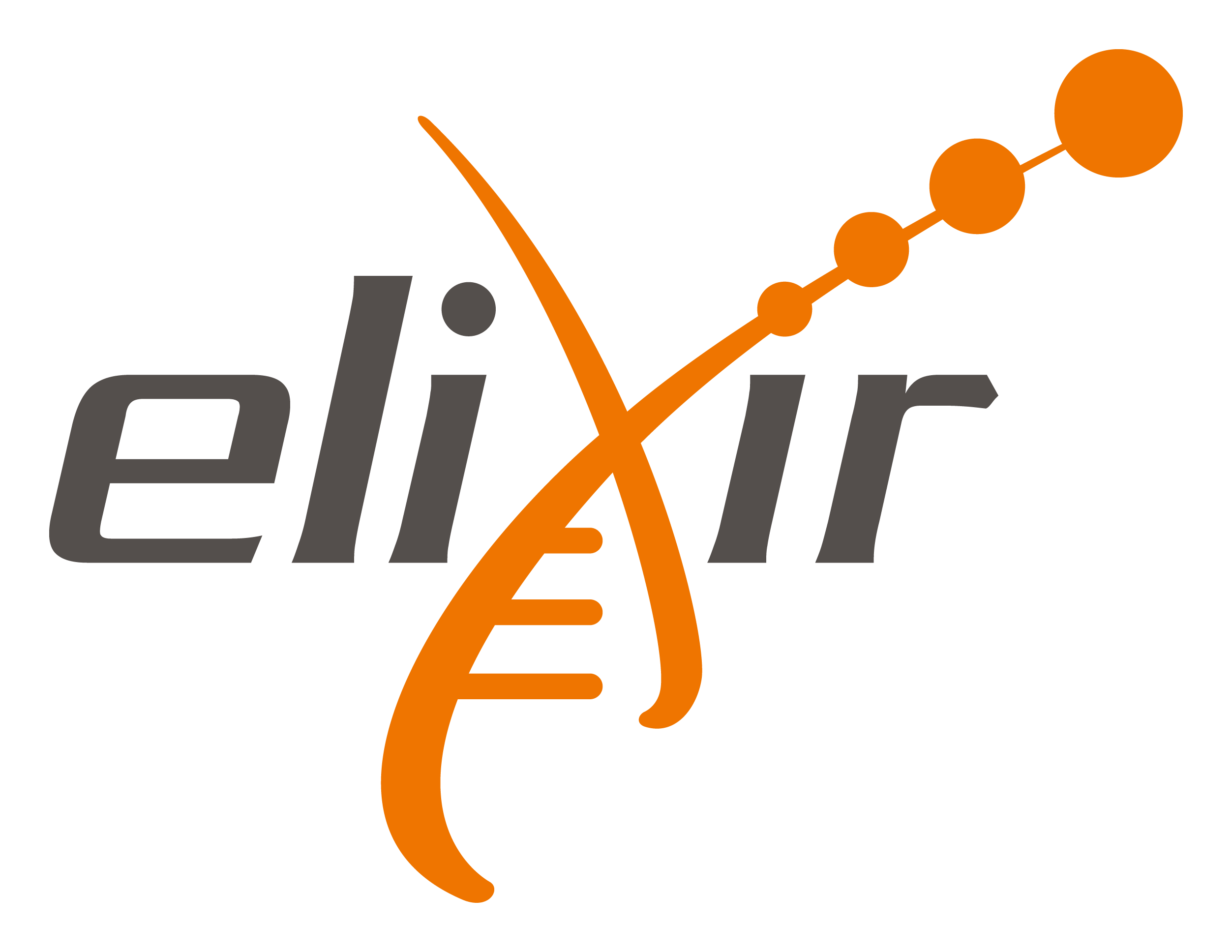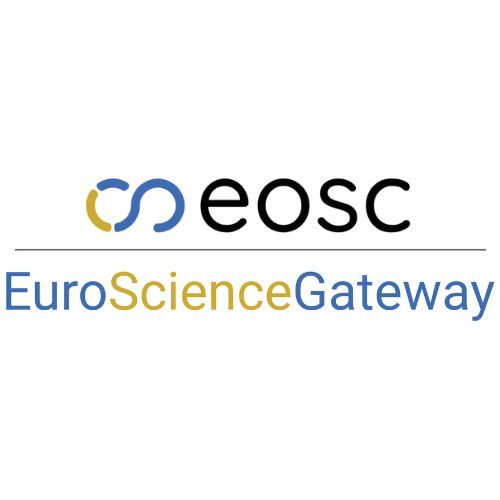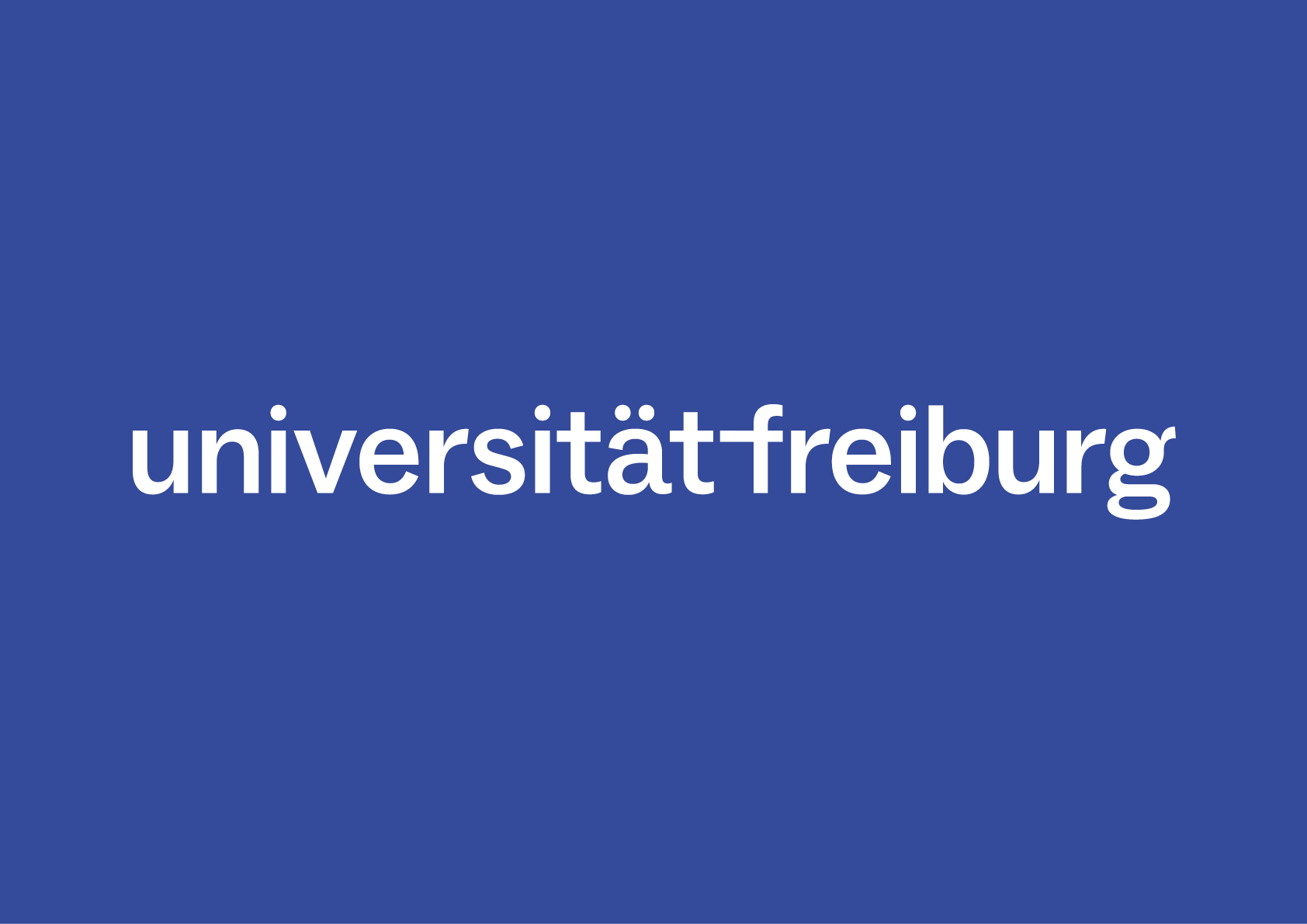The annual report of the Freiburg Galaxy team 2023
In this post we summarized the activities and achievements of the Freiburg Galaxy team in 2023.
-
- ELIXIR All Hands Meeting, June 2023, Dublin, Ireland
- bwHPC Symposium, October 2023, Mannheim, Germany
- Galaxy Community Conference (GCC), July 2023, Brisbane, Queensland, Australia
- German Conference on Bioinformatics (GCB), September 2023, Hamburg, Germany
- European Galaxy Days, October 2023, Freiburg, Germany
- BioHackathon Europe, October 2023, Barcelona, Spain
- Conference on Research Data Infrastructure (CORDI), September 2023, Karlsruhe, Germany
-
- Foodborne pathogen detection workshop, February 2023, Switzerland
- Hackathon on Image Analysis in Galaxy, February 2023, Freiburg, Germany
- Hackathon on Annotation of Galaxy microbial resources, March 2023, Online
- Galaxy Admin Training, April 2023, Ghent, Belgium
- Smörgåsbord, May, 2023, Online
- Galaxy Single-cell Workshop, October 2023, Freiburg, Germany
- BioHackathon Europe, October 2023, Barcelona
The Freiburg Galaxy Team took several opportunities to present Galaxy as a FAIR data analysis and workflow management system, computing platform, training infrastructure and research data management system at various conferences and meeting s. In the past couple of years, our team also significantly contributed to the development of some key Galaxy features, tools and tutorials. We also participated in several hackathons and held training events, training thousands of trainees. The complete list of events and details can be accessed from the “Events” and “News” sections at Europe subsite. Some notable achievements are listed in this post.
Conferences and Meetings
ELIXIR All Hands Meeting, June 2023, Dublin, Ireland
Galaxy maintained a significant presence across workshops, symposia, plenaries, and poster sessions. It mainly delivered workshops and brought thoughtful discussions on various communities such as pathogens, ELIXIR single-cell, ELIXIR Microbiome, and the Galaxy Training Network.
bwHPC Symposium, October 2023, Mannheim, Germany
We presented Galaxy as a cutting-edge cloud and HPC gateway for computational research. The event highlighted infrastructure projects, and platforms in the HPC domain, providing an ideal platform to present Galaxy’s features, including Galaxy Training Network (GTN) and Training Infrastructure as a Service (TIaaS). The talk was well-received, sparking a discussion on Galaxy's innovative "Bring Your Own Compute" (BYOC) and "Bring Your Own Storage" (BYOS) capabilities.
Galaxy Community Conference (GCC), July 2023, Brisbane, Queensland, Australia
The GCC is an annual event for the Galaxy community to share scientific and technical advancements, foster collaborations, and explore new directions. The four days of GCC2023 talks, workshops, trainings, poster sessions, and demos, as well as three keynote speakers and an additional three-day Collaboration Fest (CoFest). The Freiburg Galaxy Team participated in the event and later collaborated with the Australian Galaxy community to strengthen ties and advance joint initiatives.
German Conference on Bioinformatics (GCB), September 2023, Hamburg, Germany
The GCB highlighted advancements in bioinformatics and computational biology and attracted over 200 participants. Representatives from the Freiburg Galaxy team presented two posters on Galaxy’s solutions for foodbourne pathogen detection and microbiome analysis. One of which was awarded as the best poster of the conference.
European Galaxy Days, October 2023, Freiburg, Germany
The convergence of three major events — the European Galaxy Days, the ELIXIR Galaxy Community meeting, and the annual EuroScienceGateway meeting. It brought together 80 participants from diverse disciplines engaged with Galaxy. The program included use-case presentations, technical updates, demos, and training sessions, fostering collaboration and knowledge exchange among the attendees.
BioHackathon Europe, October 2023, Barcelona, Spain
BioHackathon brought together over 160 life scientists from across the globe for an intensive week of collaborative hacking on diverse and innovative bioinformatics projects. The Galaxy team actively participated, contributing to multiple projects throughout the event and building networking with participants from other ELIXIR nodes.
Conference on Research Data Infrastructure (CORDI), September 2023, Karlsruhe, Germany
Being a member of two NFDI projects, NFDI4Bioimage and NFDI DataPlant, the Galaxy team was showcased as a Research Data Management (RDM) platform at the NFDI conference through two posters and two talks. The posters on tool dependency management and Galaxy interactive tools sparked significant interest and discussions about Galaxy's architecture and applications. The talks on training and Galaxy RDM highlighted Galaxy's ability to support the entire data lifecycle, interoperability with resources like WorkflowHub and Zenodo, and adoption of standards such as RO-Crate for efficient data and metadata exchange.
Trainings and Workshops
Foodborne pathogen detection workshop, February 2023, Switzerland
Supported by EOSC-Life internal grant for academia- industry collaborations, our team teamed up with our industry partners at Biolytix to conduct a workshop on developing scalable Galaxy workflows for the detection and identification of foodborne pathogens from direct Nanopore sequencing. The workshop was well received with quite positive feedback from the participants.
Hackathon on Image Analysis in Galaxy, February 2023, Freiburg, Germany
During a week-long hackathon co-hosted by Euro-BioImaging and NFDI4BIOIMAGE, participants tackled diverse topics in imaging analysis. These included data management, visualizations, migrating workflows to Galaxy, and developing new Galaxy tools. Notable achievements included integrating Napari and CellProfiler as Galaxy interactive tools, facilitating user access to Bioimage Model Zoo as remote files, and creating Galaxy visualizations for TIFF, OME-TIFF, and Zarr data formats.
Hackathon on Annotation of Galaxy microbial resources, March 2023, Online
The Freiburg Galaxy team hosted a week-long hackathon to collaborate with microGalaxy members on enhancing the annotation of Galaxy's microbial data analysis resources. During the event, 41 new bio.tools entries for microbial analysis tools were created, and over 40 existing entries were reviewed and updated. Additionally, microbial Galaxy tools were linked with corresponding bio.tools entries. By updating metadata such as EDAM ontologies, repository and documentation links, descriptions, and license information, the team improved the findability of microbial tools, benefiting not just the Galaxy community but the broader microbiome community.
Galaxy Admin Training, April 2023, Ghent, Belgium
Supported by EOSC-LIFE, EOSC EuroScienceGateway, and ELIXIR, the Freiburg Galaxy team co-organized a dedicated Galaxy admin training, focusing on practical aspects of server deployment, configuration, management , and troubleshooting.
Smörgåsbord, May, 2023, Online
This 5-day, 24/7 training event was completely free, and covers a wide range of topics, including foundations of data science, genomics, proteomics, machine learning, single-cell analysis, metagenomics, cancer analysis, SARS-CoV-2 analysis, ecology, climate science, RO-crates, and much more.
Galaxy Single-cell Workshop, October 2023, Freiburg, Germany
In this workshop, scientists learned single-cell data analysis using the Galaxy and training materials available on the Galaxy Training Network.
BioHackathon Europe, October 2023, Barcelona
The Galaxy team contributed to projects focused on establishing a Galaxy imaging community, the FAIRification of microbiome tools, and advancing research data management (RDM), setting a strong foundation for BioHackathon 2024.
Galaxy Major Server and Feature Updates
Galaxy release
In 2023, there were two new Galaxy releases, overall 2,182 tool updates and installations with many new features and implementations (latest one 23.1).
History Update
Data search ability in the Galaxy history panel has been taken to new levels with the advanced search options that allow users to not only find items with more ease, but also find relations within items in their history.
GPU Infrastructure
Scientists find now democratizing GPU infrastructures by providing accelerated JupyterLab instances via Galaxy and can combine them with HPC workflows.
Interactive Tools
Galaxy offers a big collection of 46 different interactive tools which can be accessed only via a web browser. These interactive tools have been executed already over 20,000 times (numbers were collected on 15.09.2023).
Geographic Information System QGIS
QGIS is a professional Geographic Information System (GIS) application that is built on top of and proud to be itself Free and Open Source Software (FOSS). QGIS provides a continuously growing number of capabilities provided by core functions and plugins. It can be used to visualize, manage, edit, analyze spatial files , and compose printable maps.
Chat-GPT
Many generative AI models by OpenAI are now accessible via a UI plugin in the GPU-enabled JupyterLab interactive tool on Galaxy Europe.
New Client Routing
Following up on our modernization efforts, we now introduce a single top-router written in Vue, which brings all our Vue components together in a seamless user experience, dramatically reducing the number of required page reloads when navigating the Galaxy user interface.
Beacon Integration
Science is most efficient when researchers share their data and results, so others can re-use them. Some datasets, however, cannot easily be shared because they contain sensitive information about, for example, a patient. For human genome variation data, the Beacon network enables querying genomic variant catalogs without the risk of exposing sensitive data. Galaxy has gained a Beacon integration that enables users to publish genetic variance data conveniently via Beacon project.
VirHunter
A Deep Learning-Based Method for the detection of novel RNA Viruses in Plant Sequencing Data is available now in Galaxy.
“Run on Galaxy" Button in WorkflowHub
The WorkflowHub platform aims to support researchers in discovering and re-using workflows from various platforms. Following the FAIR principles, the registry lists workflows and their metadata in an accessible and interoperable way, agnostic to particular workflow management systems. Find solutions and templates in WorkflowHub and immediately import it to Galaxy with one click.
AI Model in Galaxy
Inference using a publicly available pre-trained AI model (BioModels) in Galaxy to predict the efficacy of immune checkpoint blockade across multiple cancer patient cohorts on test data.
Accessibility in Galaxy
Improvements on Galaxy have been made in the 23.0 release. The highlights are summarized in the accessibility report which shows the benefits for everyone's user experience.


